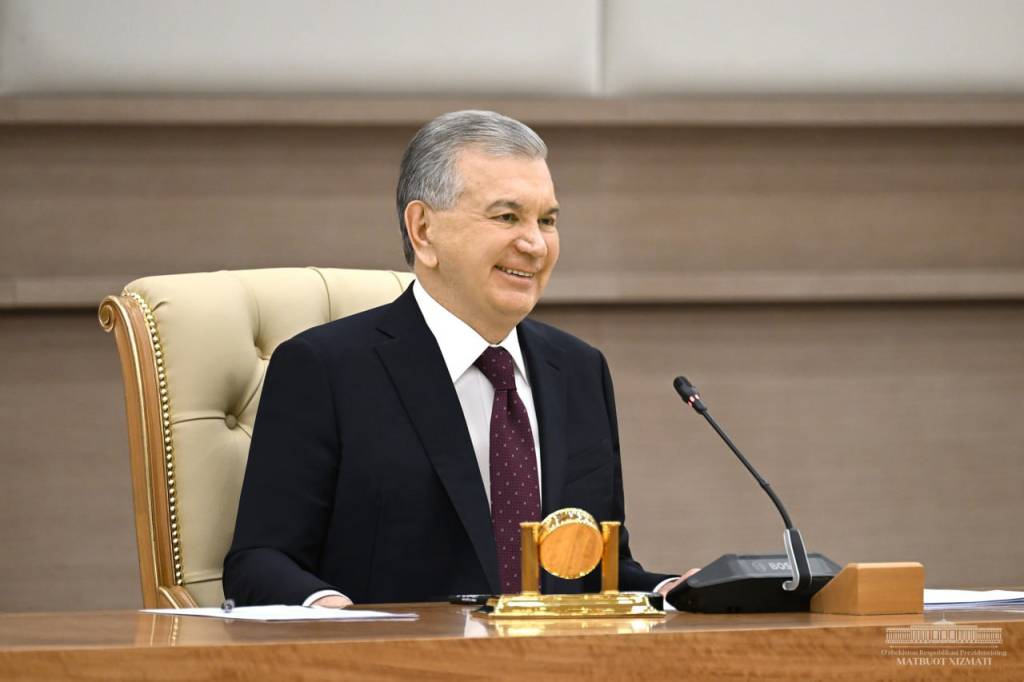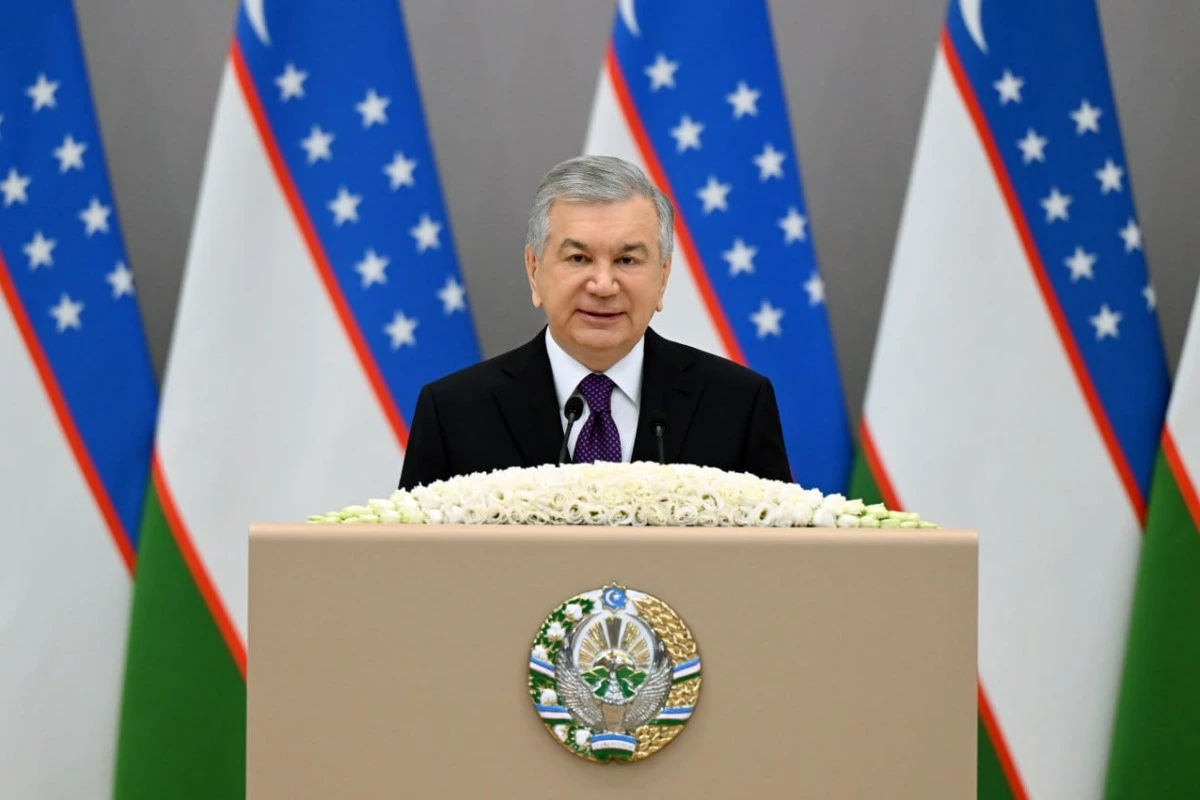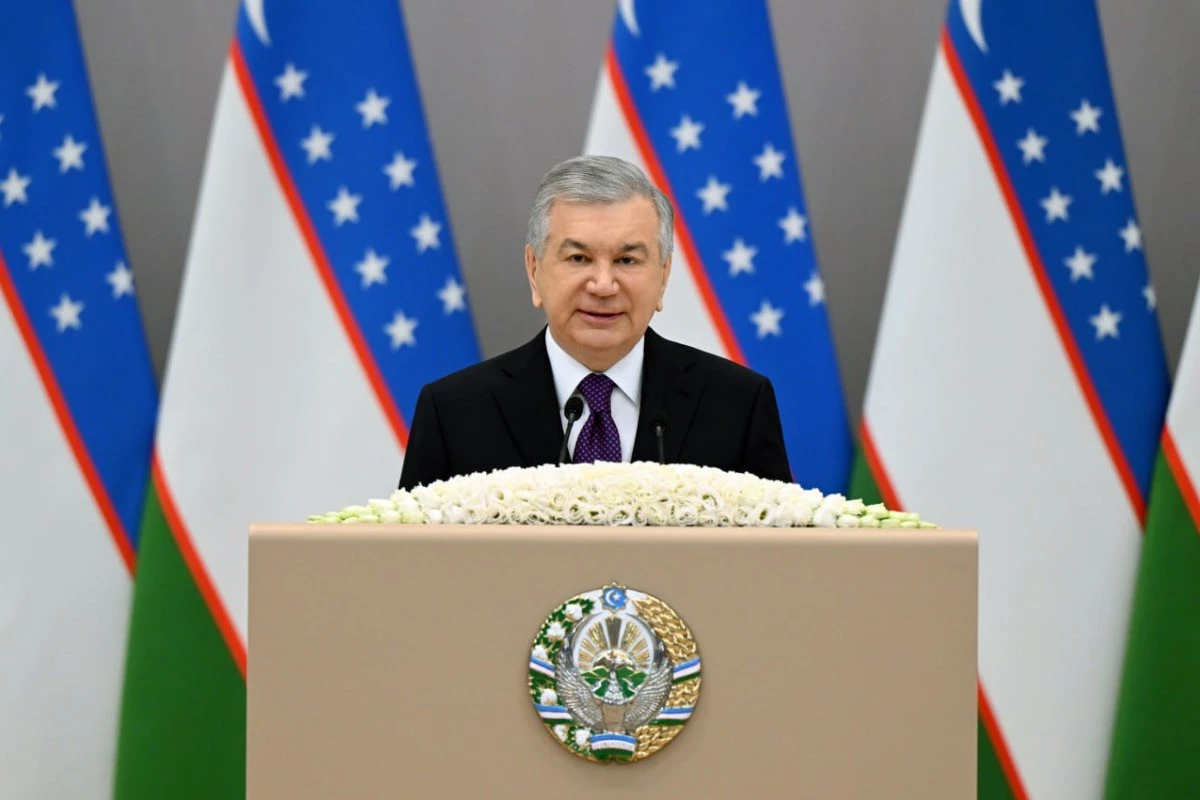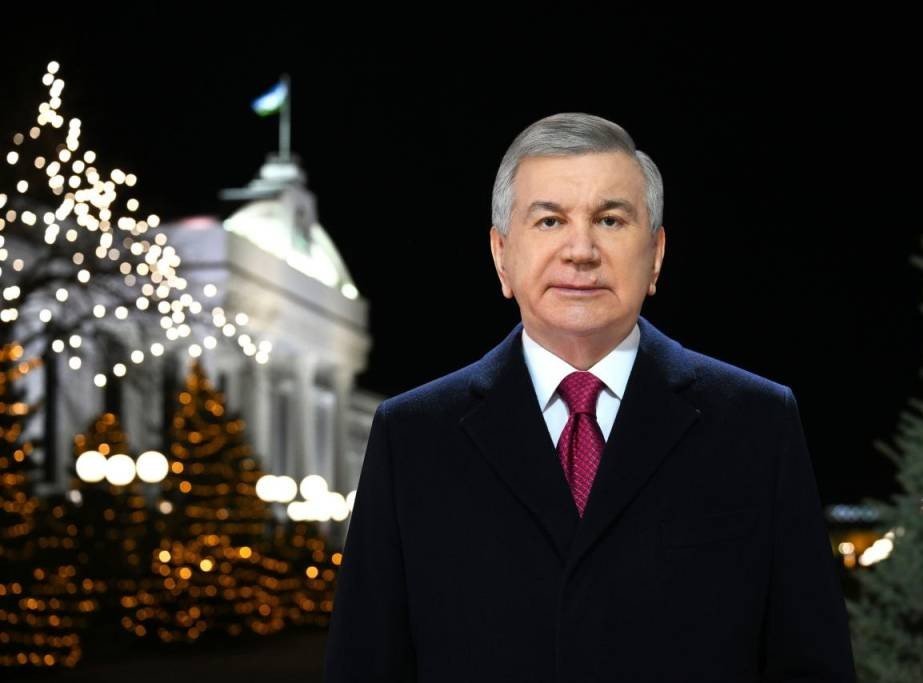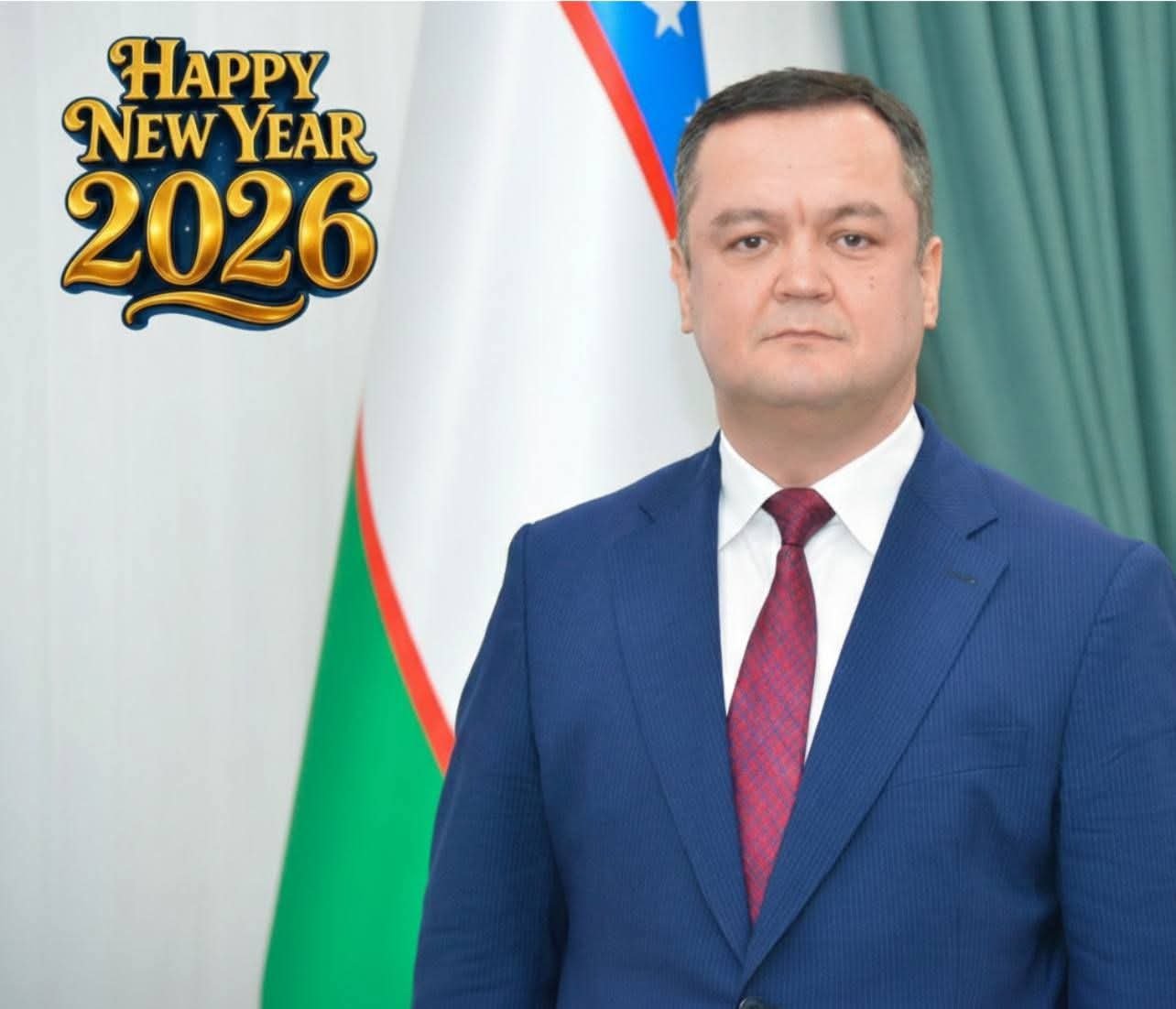Tashkent, December 13, 2024 – The Europe Today: On December 13, a videoconference chaired by President Shavkat Mirziyoyev reviewed Uzbekistan’s social protection achievements and outlined priorities for 2025. As a “social state,” Uzbekistan continues to advance its constitutional principle of providing targeted support and assistance to vulnerable populations.
Key initiatives highlighted included the establishment of “Inson” centers across all regions and the introduction of 102 social services in mahallas. Through home visits, social workers reached an additional 95,000 individuals who were not previously registered for assistance. Significant milestones included diagnosing disabilities for 51,000 people, fitting 26,000 with prosthetics, and enrolling 5,000 children with disabilities in schools and kindergartens. The number of social service-related complaints decreased by 35%, signaling improved public satisfaction.
Efforts to assist low-income families were also emphasized. Over the past three months, 14,000 regional and district-level managers were assigned to work with 75,000 families. This resulted in 17,000 individuals gaining permanent employment, while 14,000 others increased their income through entrepreneurship and subsidiary farming. Additionally, medical care was provided to 45,000 individuals, and 30,000 children received access to education and vocational training.
Despite these advancements, the President noted shortcomings. For example, 184 managers failed to visit assigned families, and accessibility for people with disabilities remains a challenge in infrastructure projects. Employment rates for people with disabilities remain uneven across regions, with some districts lagging significantly behind.
To address these issues, President Mirziyoyev introduced several forward-looking measures:
- Expanding Early Development Centers: Successful models in Taylak and Kasansay districts, where 4,200 children from low-income families received preschool education, will be replicated nationwide.
- Family Kindergartens: Operating in 1,000 mahallas with high poverty rates starting next year, 15% of places will be reserved for children from low-income families, with subsidies covering part of the costs.
- Youth Skills Development: Training programs in foreign languages, IT, and professional skills will cover 118,000 young people, with 80% of expenses subsidized.
- Support for Families in Need: Home care services will be organized for 19,000 individuals unable to move independently, freeing 15,000 caregivers to engage in economic activities.
Additional funding of 185 billion UZS will be allocated to the health insurance fund to cover surgical operations for low-income families. Housing improvements and income-generating projects will be prioritized using “social registers.”
The introduction of a single social card will streamline access to services, replacing over 10 documents with a unified system offering free public transport, utility compensation, and direct benefits. The card system will be piloted in Tashkent and Yangiyul district before nationwide implementation.
For people with disabilities, measures include enhancing rehabilitation services, expanding occupational therapy, and increasing funding for prosthetics and equipment. Private enterprises employing people with disabilities will benefit from tax reductions, subsidies, and grants.
The President concluded by urging regional leaders to adopt successful models and intensify efforts to lift 1.2 million people out of poverty by improving education, healthcare, and living conditions. The videoconference also included feedback from social sector specialists to ensure the effective implementation of planned measures.
